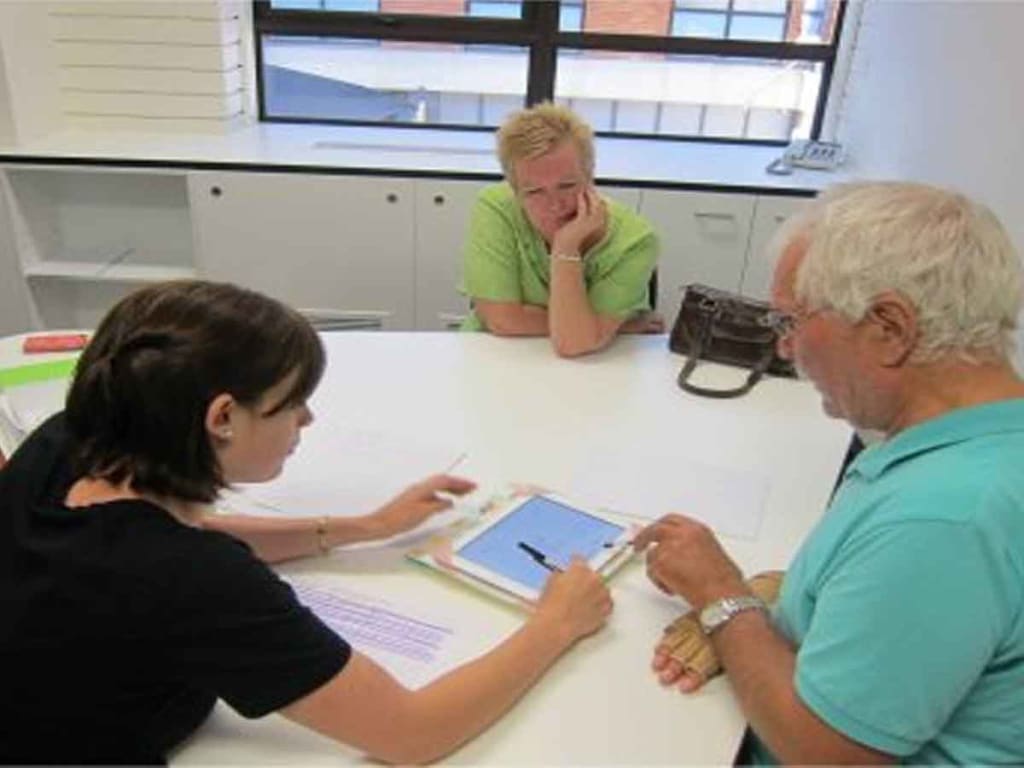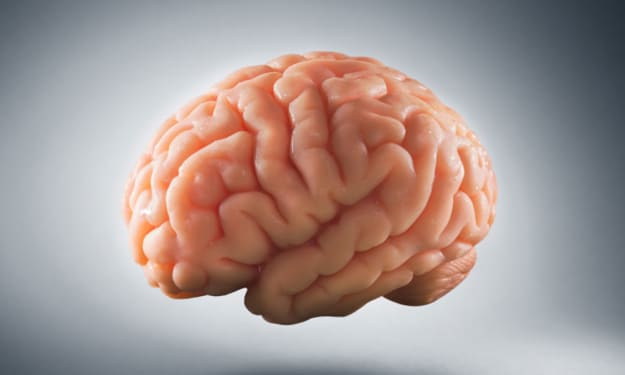Events Planned To Raise Awareness Of Aphasia
The Condition Affects More Than 350, 000 People In The UK

June is Aphasia Awareness Month. The condition which affects over three hundred and fifty thousand people in the UK is highlighted during the month of June each year to raise people's awareness of it and ensure they know what to do if they come across anyone who is afflicted by the condition.
Aphasia is a disorder resulting from damage or injury to the language area in the brain. It leads to impairment of language, speech, comprehension, and the ability to read and write. It results from an injury to the brain due to stroke, head trauma, tumours, or infections. The severity of the symptoms depends on the area of the brain affected and the extent of damage caused. It can be treated based on the intensity of damage to the brain by speech and language therapy or surgery.
The condition is more common in older adults, particularly those who have had a stroke. It gets in the way of a person's ability to use or understand words. The condition does not affect a person's intelligence but people with the condition may have difficulty speaking and finding the right words to communicate with others.
Aphasia is usually caused by a stroke or brain injury with damage to one or more parts of the brain that deal with language. According to the National Aphasia Association, about 25% to 40% of people who survive a stroke get aphasia.
Aphasia may also be caused by a brain tumour, brain infection, or dementia such as Alzheimer's disease. In some cases, aphasia is a symptom of epilepsy or other neurological disorder.
There are several different kinds of Aphasia which can affect people. These include:
Expressive Aphasia where a person knows what they want to say but has difficulty communicating and expressing it to others. This can be common in both verbal and written communication.
Receptive Aphasia where a person can hear a voice or read print but is unable to acknowledge the message Their own speech may be disturbed because they don't understand the meaning of what they are saying.
Anomic aphasia. With anomic aphasia, the person has word-finding difficulties. This is called anomia. Because of the difficulties, the person struggles to find the right words for speaking and writing.
Global aphasia. This is the most severe type of aphasia. It is often seen right after someone has a stroke. With global aphasia, the person has difficulty speaking and understanding words. In addition, the person is unable to read or write.
Primary progressive aphasia. Primary progressive aphasia is a rare disorder where people slowly lose their ability to talk, read, write, and comprehend what they hear in conversation over a period of time. With a stroke, aphasia may improve with proper therapy. There is no treatment to reverse primary progressive aphasia. People with primary progressive aphasia are able to communicate in ways other than speech. For instance, they might use gestures. And many benefit from a combination of speech therapy and medications.
During the month, the Aphasia Alliance will be generating support and producing postcards which feature the key facts about the condition to create better conversations between the general public and make sure that the condition remains in the public eye.
There will also be contributions from the Stroke Association as people who have strokes can also suffer from the condition.
The Stroke Association also have a number of volunteer events where people can help out in raising awareness of related conditions and ensure people know the correct signs to look out for if someone they know has suffered a stroke. There will also be talks related to the Coronavirus to see whether there are any links between the different conditions and see how this can be changed.
If you'd like more information on the Aphasia Alliance and see what way you can get involved or help in Aphasia Awareness Month, please visit https://aphasiaalliance.org/






Comments
There are no comments for this story
Be the first to respond and start the conversation.